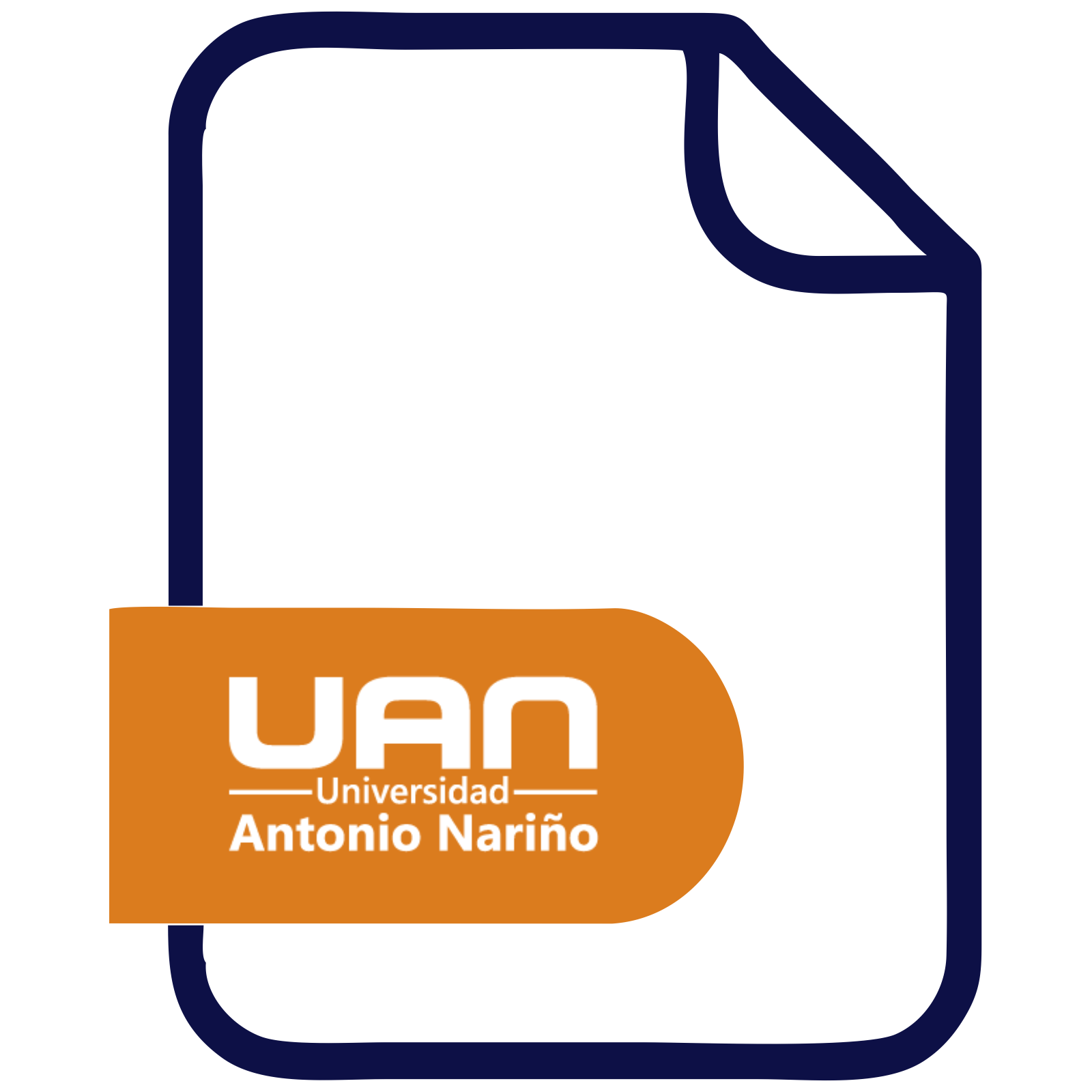Por favor, use este identificador para citar o enlazar este ítem:
http://repositorio.uan.edu.co/handle/123456789/2984> Repositorio UAN
Repositorio UANComunidades y ColeccionesTitulosMateriasAutoresFecha de publicacion
Mi CuentaAccederRegistro
Mi CuentaAccederRegistro
| Título : | Planta procesadora de café como proyecto de formación y oportunidad en cafeteros de Iquira – Huila. |
| metadata.dc.creator: | Polanco Toro, Daniela |
| metadata.dc.contributor.advisor: | Rodríguez, Claudia Patricia |
| Palabras clave : | planta procesadora de cafe |
| Descripción : | Propia |
| Resumen : | The municipality of Iquira currently has a high percentage of coffee farms that are located in the northern and western part of the urban area. Currently, around 1,300 coffee farms have been identified, which have generated one of the best coffees collected by companies and experts in the field. During the year there are two types of coffee harvest thanks to its favorable climate. The months of March, April, May and June are called harvest, since they are the months in which the coffee plants give more production. On the contrary, the coffee harvest that occurs in the months of November and December is called naughty, since its production is lower. During these months of the year the following types of coffees are harvested; Caturra, Castillo, Tambo and Colombia. This type of seeds are those that are collected, processed and sold to the external society of the municipality. One of the problems that the municipality of Iquira has is the loss of money in its coffee harvest. That is to say; Coffee producers do not have the opportunity to sell their coffee at a fair price due to the lack of equipment or a plant that performs the respective processes that this product requires for its sale and consumption. Coffee has a number of processes that are made edible in different ways. Its derivatives and flavors make this element used in different foods or beverages. In 2018, Iquira was internationally named as one of the best municipalities at the departmental level as the best coffee picker. Due to its physique and taste, it ranks 3rd among 1000 coffee farms. Coffee by nature requires processes such as parchment, threshing, roasting and grinding. In the municipality of Iquira, only the parchment is made, which is based only on the separation of the seed and the peel plus drying. Accordingly, there are 3 processes that are not carried out in the municipality, which makes the coffee lose value. Keywords: Geodynamics, Architecture, Industrial production, Coffee |
| metadata.dc.description.tableofcontents: | El municipio de Iquira tiene actualmente un alto porcentaje de fincas cafeteras que se encuentran ubicadas en la parte norte y occidental del casco urbano. En la actualidad, se han logrado identificar alrededor de 1.300 fincas cafeteras, que han generado uno de los mejores cafés recolectados por empresas y entes expertos en la materia. Durante el año hay dos tipos de cosecha de café gracias a su clima favorable. Se llama cosecha a los meses de marzo, abril, mayo y junio, ya que son los meses en donde las plantas de café dan más producción. Por el contrario, se llama travieso a la recolección de café que se da en los meses de noviembre y diciembre, ya que su producción es menor. Durante estos meses del año se cosechan los siguientes tipos de cafés; Caturra, castillo, tambo y Colombia. Este tipo de pepas son las que se recolectan, procesan y venden a la sociedad externa del municipio. Uno de los problemas que tiene el municipio de Iquira es la pérdida de dinero en su recolección de café. Es decir; Los productores de café no tienen la oportunidad de vender su café a un precio justo por falta de un equipamiento o planta que realice los respectivos procesos que requiere este producto para su venta y consumo. El café tiene una serie de procesos que se hacen comestibles de diferentes maneras. Sus derivados y sabores hacen que este elemento se use en diferentes alimentos o bebidas. En 2018, Iquira fue nombrado internacionalmente como uno de los mejores municipios a nivel departamental como el mejor recolector de café. Por su físico y su sabor, ocupa el 3er lugar entre 1000 fincas cafeteras. El café por naturaleza necesita procesos como pergamino, trilla, tostado y molido. En el municipio de Iquira solo se hace el pergamino, que se basa solo en la separación de la pepa y la cáscara más el secado. De acuerdo con ello, hay 3 procesos que no se llevan a cabo en el municipio, lo que hace que el café pierda valor. Palabras claves: Geodinámica, Arquitectura, Producción industrial, Café |
| URI : | http://repositorio.uan.edu.co/handle/123456789/2984 |
| Editorial : | Universidad Antonio Nariño |
| metadata.dc.publisher.campus: | Neiva Buganviles |
| metadata.dc.publisher.faculty: | Facultad de Artes |
| metadata.dc.date.created: | 2020-11-26 |
| metadata.dc.rights.uri: | http://creativecommons.org/licenses/by-nd/3.0/us/ |
| Aparece en las colecciones: | Arquitectura |
Ficheros en este ítem:
Este ítem está sujeto a una licencia Creative Commons Licencia Creative Commons




